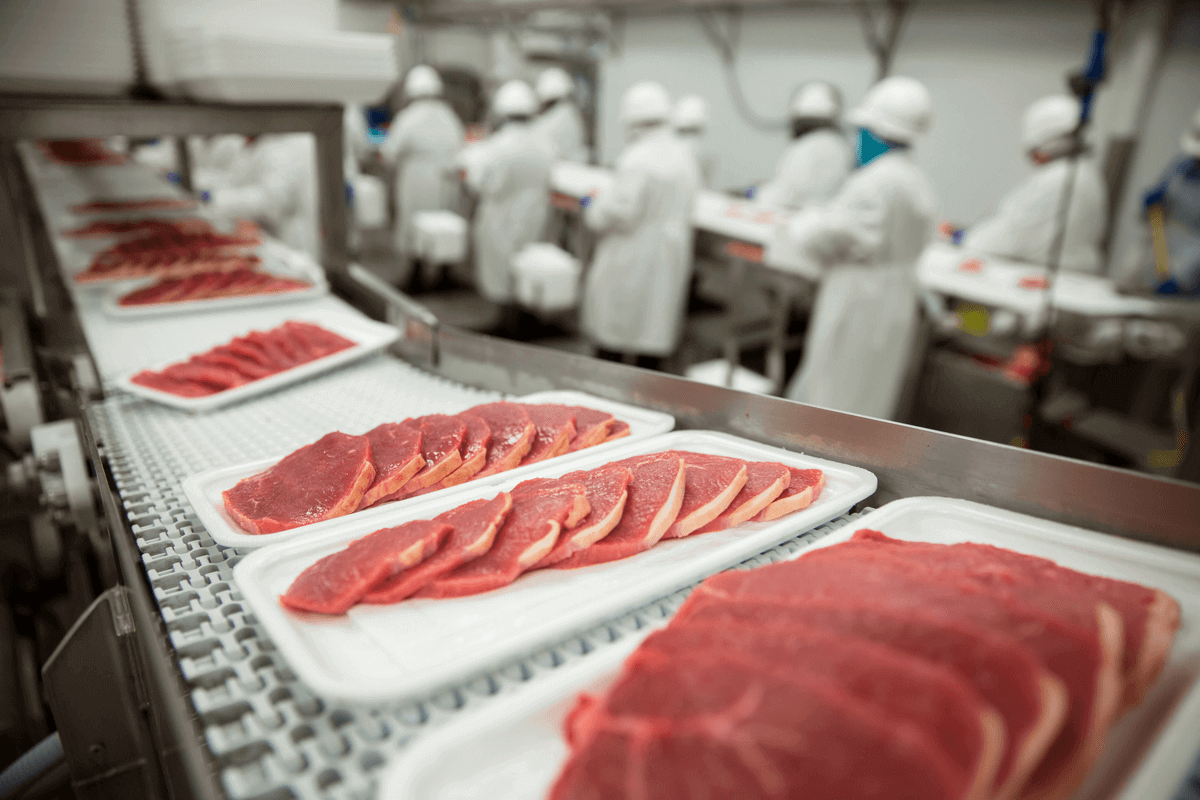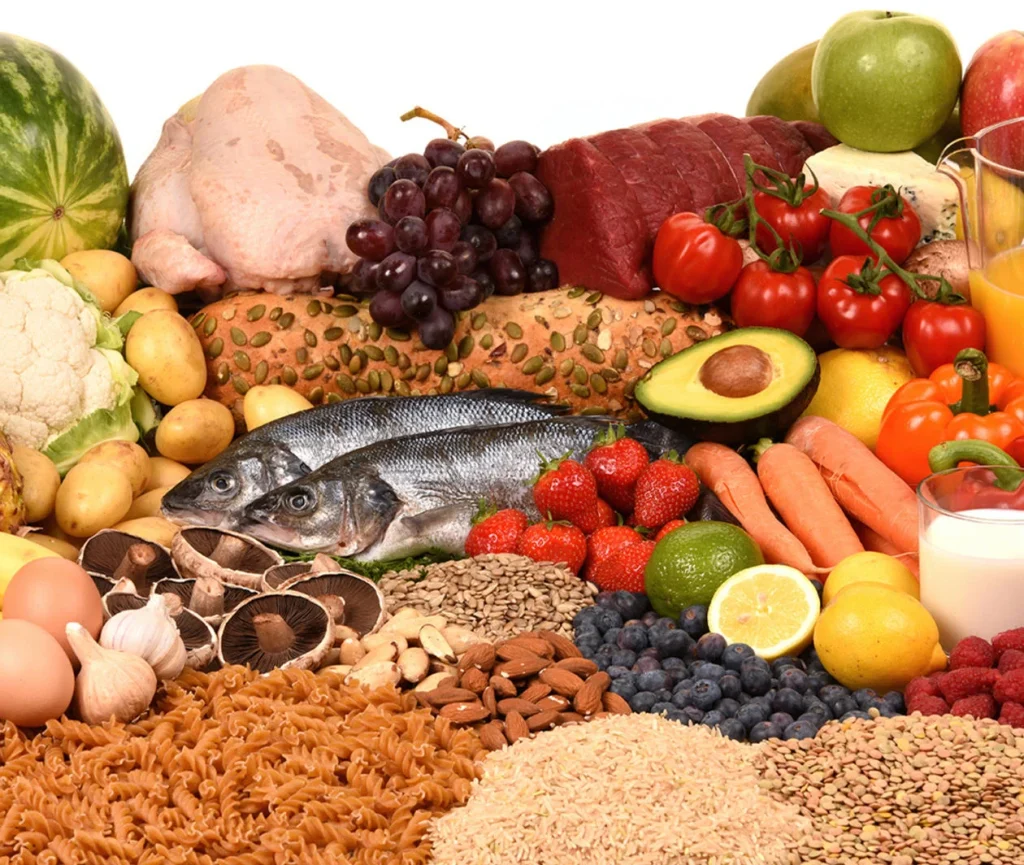Food Safety & HACCP
What is Food Safety?
Food Safety encompasses all practices involved in handling, preparing, and storing food to minimize the risk of foodborne illnesses. It ensures that food remains safe to consume from production to consumption. Importantly, food safety is a shared responsibility across the entire food supply chain—from producers to consumers.
Why is Food Safety Training Important?
Food safety training equips individuals with the knowledge and skills needed to handle food responsibly and hygienically. The goal is to:
- Prepare individuals for employment in food businesses
- Support current food handling roles
- Reduce the risk of food poisoning, allergic reactions, and other health hazards from contaminated food
By promoting good hygiene practices and proper food handling, this training helps protect both customers and industries.

Who Should Attend This Qualification?
These qualifications are ideal for anyone involved in food-related roles, including:
- Waiting staff
- Kitchen porters
- Healthcare workers
- Store and stockroom staff
- Supervisors, managers, and prospective managers in catering or retail food businesses
Whether you’re handling food directly or managing those who do, food safety training is essential at all levels

Available Food Safety Qualifications
These courses are accredited and tailored to match your role and level of responsibility in the food industry.
- Level 1 Award in Food Safety for Catering/Manufacturing
- Level 2 Award in Food Safety for Catering/Manufacturing
- Level 3 Award in Developing a Positive Food Safety Culture
- Level 3 Award in Food Safety for Catering/Manufacturing
- Level 4 Award in Managing Food Safety for Catering
- Level 4 Award in Food Safety Management for Manufacturing
How Does Food Safety Training Benefit Your Business?
- Protects your customers from foodborne illnesses and allergic reactions
- Ensures compliance with legal and regulatory requirements
- Prevents contamination and promotes hygienic food handling
- Enhances your brand image and builds customer trust
- Improves overall food quality and safety standards

HACCP TRAINING
What is HACCP?
HACCP (Hazard Analysis and Critical Control Points) is a systematic and preventive food safety management system that ensures the food produced and sold by your business is safe for consumption. It focuses on identifying, evaluating, and controlling hazards throughout the food production process—from farm to table.
HACCP is a globally recognized standard and a key requirement in international food trade. Achieving a HACCP qualification equips learners with the ability to:
- Assist in implementing a HACCP system
- Critically evaluate HACCP plans
- Understand the significance of maintaining an effective food safety management system
Why is HACCP Training Important?
HACCP training is crucial because it helps businesses proactively manage food safety risks. Through this training, your team will learn how to:
- Identify potential food safety hazards
- Develop appropriate control measures
- Determine critical control points (CCPs)
- Monitor and verify the HACCP system to ensure ongoing food safety
Proper HACCP implementation significantly reduces the risk of food contamination, protecting both consumers and business reputation.

Who Should Attend This Qualification?
- Members of HACCP teams
- Food handlers
- Supervisors or managers maintaining HACCP systems
- Store and stockroom staff
- Anyone involved in food production, catering, or manufacturing at a managerial level
Whether you’re handling food directly or managing those who do, food safety training is essential at all levels

Available HACCP Qualifications
Each level is tailored to different responsibilities, from basic awareness to advanced system implementation and oversight.
- HACCP Awareness
- Level 2 Award in HACCP for Catering / Manufacturing
- Level 3 Award in HACCP for Catering / Manufacturing
- Level 4 Award in HACCP Management for Catering
How Does HACCP Help Your Business?
- Enhances your brand’s reputation and consumer trust
- Ensures the distribution of high-quality, safe food
- Helps prevent foodborne illnesses and health risks
- Identifies and controls potential hazards in food processing
- Ensures compliance with international food safety regulations

ALLERGENS TRAININGS
What is a Food Allergen?
Why Allergen Training?

Who Should Attend This Training?
- Food handlers and kitchen staff
- Personnel involved in purchasing, receiving, storing, preparing, or serving food
- Catering managers, supervisors, and small food business owners anyone working in the catering or hospitality industry will benefit from understanding how to manage allergen risks effectively.

Available HACCP Qualifications
- Level 2 Award in Food Allergen Awareness and Control in Catering
- Level 3 Award in Food Allergen Management
- Allergen Awareness Training (Introductory)
- Intermediate Allergen Training
NUTRITION AND HEALTH TRAINING
Why Nutrition and Health Training?
Nutrition and Health training provides fundamental knowledge about the role of nutrition in maintaining good health. It also covers the requirements of special diets, helping learners understand how food choices impact well-being. This training is essential for anyone involved in meal planning or food preparation, particularly in settings where dietary needs and health outcomes are a priority.
Participants will gain the skills to:
- Understand nutritional principles
- Recognize the importance of balanced diets
- Cater to various dietary needs, including special and therapeutic diets
Food allergens are typically proteins that trigger an immune response in sensitive individuals, potentially causing severe or even life-threatening reactions such as anaphylaxis.
To prevent these reactions, it is vital that anyone involved in the procurement, delivery, preparation, or service of food understands how to identify and control allergens in the food chain. Proper allergen awareness protects both your customers and your business.
Who Should Attend This Training?
- Chefs and kitchen staff
- Catering professionals
- Healthcare or childcare food service staff
- Anyone involved in preparing and serving food
Whether you’re working in hospitality, healthcare, or education, this course equips you to plan and prepare well-balanced, nutritious meals that support health and wellness.
Available Nutrition and Health Qualifications:
- Nutrition and Health Awareness Training
- Intermediate Nutrition and Health Training
These programs are designed to be accessible yet informative, suitable for entry-level learners as well as those looking to expand their nutrition knowledge for practical use.

